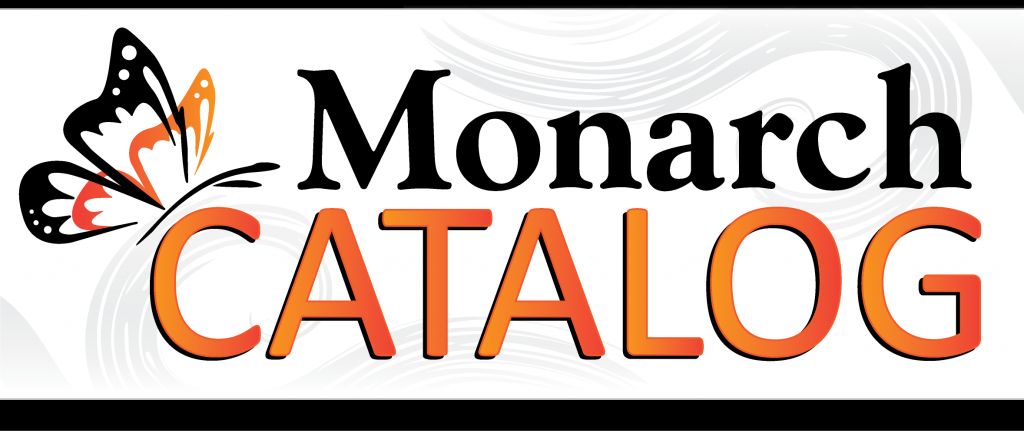Recommended Books
Recommended Books for Parents: (All book descriptions come from their associated Amazon page.)
Homeschooling in Wisconsin: At Home with Learning. The Wisconsin Parents Association (WOA) handbook is chock full of useful information regarding homeschooling. Homeschooling in Wisconsin is the ultimate reference for families who homeschool, who are considering homeschooling, or for relatives and friends of homeschoolers. It gives practical advice and articulate ideas regarding the many ways to homeschool and the many reasons to do so.
The Well-Adjusted Child: The Social Benefits of Homeschooling by Rachael Gathercole. At a time when people feel more disconnected than ever before, we cannot afford to overlook or allow ourselves to be blinded to an option which offers great benefits, including a rich, fulfilling, and healthy social life, that our children may well need for the future. Homeschooling offers great social benefits to kids and parents. And when we understand them, our children are the ones who will win.
Free to Learn by Peter Gray. In Free to Learn, developmental psychologist Peter Gray argues that our children, if free to pursue their own interests through play, will not only learn all they need to know but will do so with energy and passion. Children come into this world burning to learn, equipped with the curiosity, playfulness, and sociability to direct their own education. Yet we have squelched such instincts in a school model originally developed to indoctrinate, not to promote intellectual growth.
Grit: The Power of Passion and Perseverance by Angela Duckworth. The daughter of a scientist who frequently noted her lack of “genius,” Angela Duckworth is now a celebrated researcher and professor. It was her early eye-opening stints in teaching, business consulting, and neuroscience that led to her hypothesis about what really drives success: not genius, but a unique combination of passion and long-term perseverance.
Mindset: Changing The Way You Think To Fulfill Your Potential by Carol Dweck. World-renowned Stanford University psychologist Carol Dweck, in decades of research on achievement and success, has discovered a truly groundbreaking idea-the power of our mindset. Dweck explains why it's not just our abilities and talent that bring us success-but whether we approach them with a fixed or growth mindset. She makes clear why praising intelligence and ability doesn't foster self-esteem and lead to accomplishment, but may actually jeopardize success. With the right mindset, we can motivate our kids and help them to raise their grades, as well as reach our own goals-personal and professional. Dweck reveals what all great parents, teachers, CEOs, and athletes already know: how a simple idea about the brain can create a love of learning and a resilience that is the basis of great accomplishment in every area.
Dispositions: Reframing Teaching and Learning by Arthur Costa. Two leading consultants present a game-changing look at why and how to "mind the gap" between what we claim are educational essentials, and how we evaluate results. Dispositions builds on the authors’ influential Habits of Mind writings, including new evidence of why influencing students’ dispositional habits is their key to finding meaning in classroom content. Topics include:
--Making dispositions come alive in the minds of students
--Shifting the thinking of educational leaders, parents, politicians and the public
--How to align day-to-day classroom practices with larger dispositional outcomes
Habits of Mind Across the Curriculum: Practical and Creative Strategies for Teachers by Arthur Costa.
Distinguished educators Arthur L. Costa and Bena Kallick present this collection of stories by educators around the world who have successfully implemented the habits in their day-to-day teaching in K-12 classrooms. The collective wisdom and experience of these thoughtful practitioners provide readers with insight into the transdisciplinary nature of the 16 Habits of Mind—intelligent behaviors that lead to success in school and the larger world—as well as model lessons and suggestions for weaving the habits into daily instruction in language arts, music, physical education, social studies, math, foreign language, and other content areas. Readers will come to understand that, far from an "add-on" to the curriculum, the habits are an essential element for helping students at all grade levels successfully deal with the challenges they face in school and beyond.

